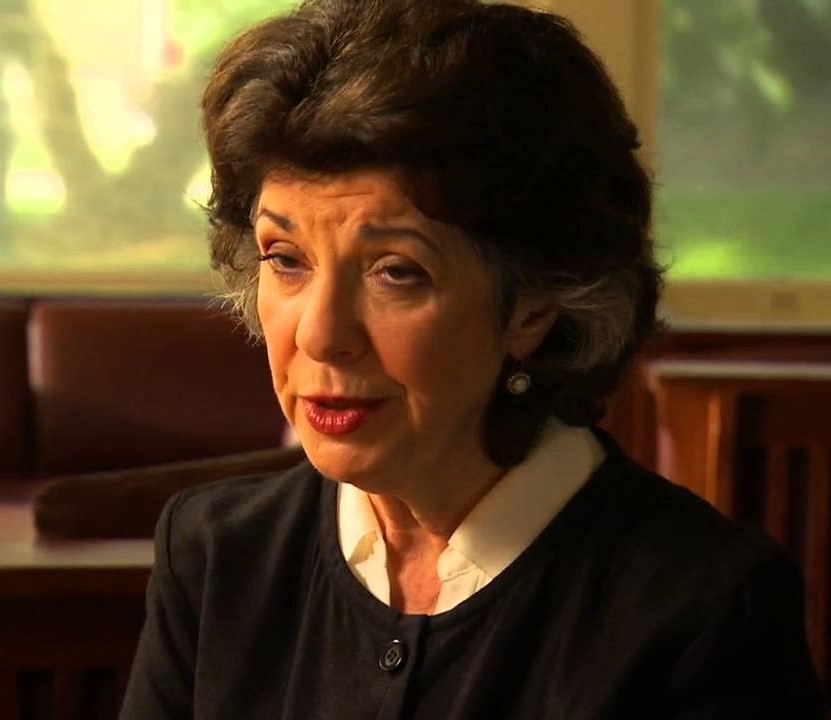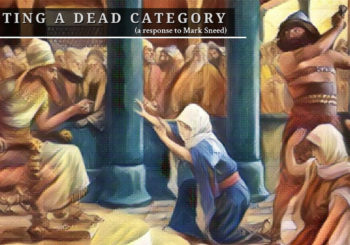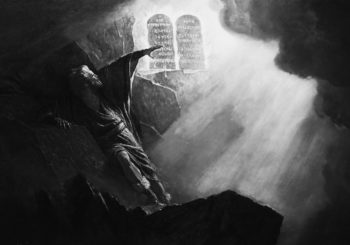Wandering in Darkness
How It Connects with Hebraic Thought
The biblical authors dealt with many forms of suffering, and they often explored suffering through narrative. While many theologians and philosophers have developed abstract theories to address the problem of suffering, Wandering in Darkness also relies heavily on the philosophical resources of biblical narratives.
Description
Wandering in Darkness extends a Thomistic theodicy with interpretations of the biblical stories of Job, Samson, Abraham, and Mary of Bethany to respond to the problem of suffering. Citing research on autism spectrum disorder, Dr. Eleonore Stump argues that the problem of evil is among those philosophical problems that are best investigated and resolved through narratives. The book examines the moral psychology and value theory underlying the medieval theodicy of Thomas Aquinas, also invoking recent developmental psychology research. The book then connects the exegeses of the biblical narratives to Thomistic theodicy to defend the view that God’s omnipotence, omniscience, and omnibenevolence can coexist with suffering.
Author

Dr. Eleonore Stump is The Robert J. Henle Professor of Philosophy at Saint Louis University. She received a B.A. in Classical Languages from Grinnell College in 1969, a master’s degree from Harvard University in 1971, and a Ph.D. in Medieval Studies and Medieval Philosophy from Cornell University in 1975.
Dr. Stump is editor-in-chief of the Yale Library of Medieval Philosophy and has held grants from, among others, the Mellon Foundation and the National Humanities Center. Among her other honors, she is past president of the Society of Christian Philosophers and of the American Catholic Philosophical Association and presented the 2003 Gifford Lectures in Aberdeen, Scotland.
Her publications include Dialectic and Its Place in the Development of Medieval Logic, Reasoned Faith, and Aquinas in the Arguments of the Philosophers series. She has also authored more than ninety articles dealing with her research interests—medieval philosophy, philosophy of religion, and metaphysics.




